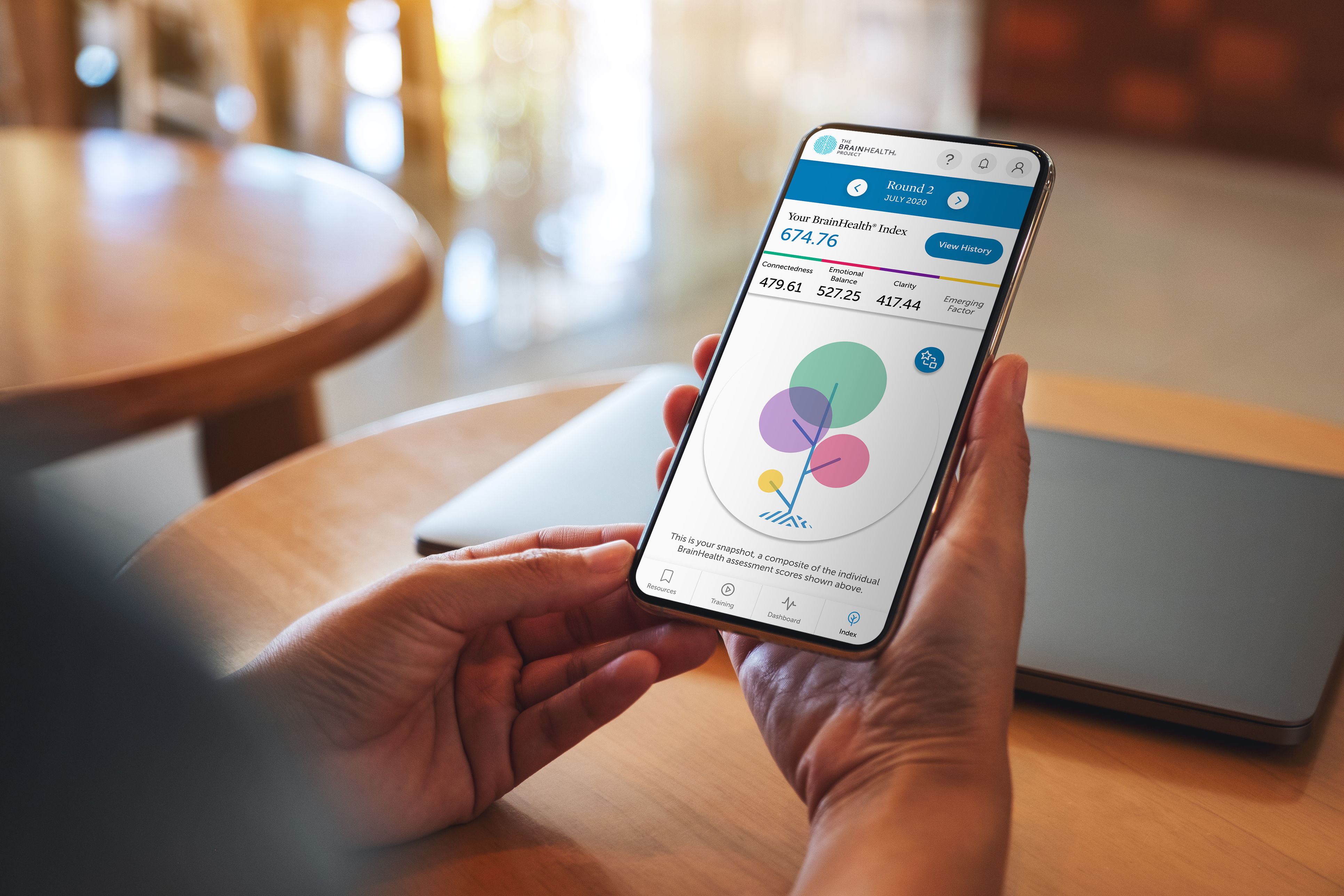
BrainHealth’s Brain Performance Institute Partners With Texas Tech Law
Center for BrainHealth
Share this article

Sandra Bond Chapman, PhD
Chief Director Dee Wyly Distinguished Professor, School of Behavioral and Brain Sciences Co-Leader, The BrainHealth Project
Related Information

BrainHealthy Workplace

BrainHealthy Workplace: Top CPA Firm Is Ahead of the Game
Gerald "Kep" Kepner, managing partner at Kepner CPA, discusses the advantages the firm is enjoying after implementing the BrainHealthy Workplace program: employees who see the big picture more readily, engage in productive collaboration, and partner with clients for prosperity with purpose.

Precision BrainHealth: Groundbreaking Study Establishes a Personalized Measure and Training Protocols, With Potential to Revolutionize Global Health
Center for BrainHealth trial unveils BrainHealth Index as powerful new tool in quest for lifelong brain health.